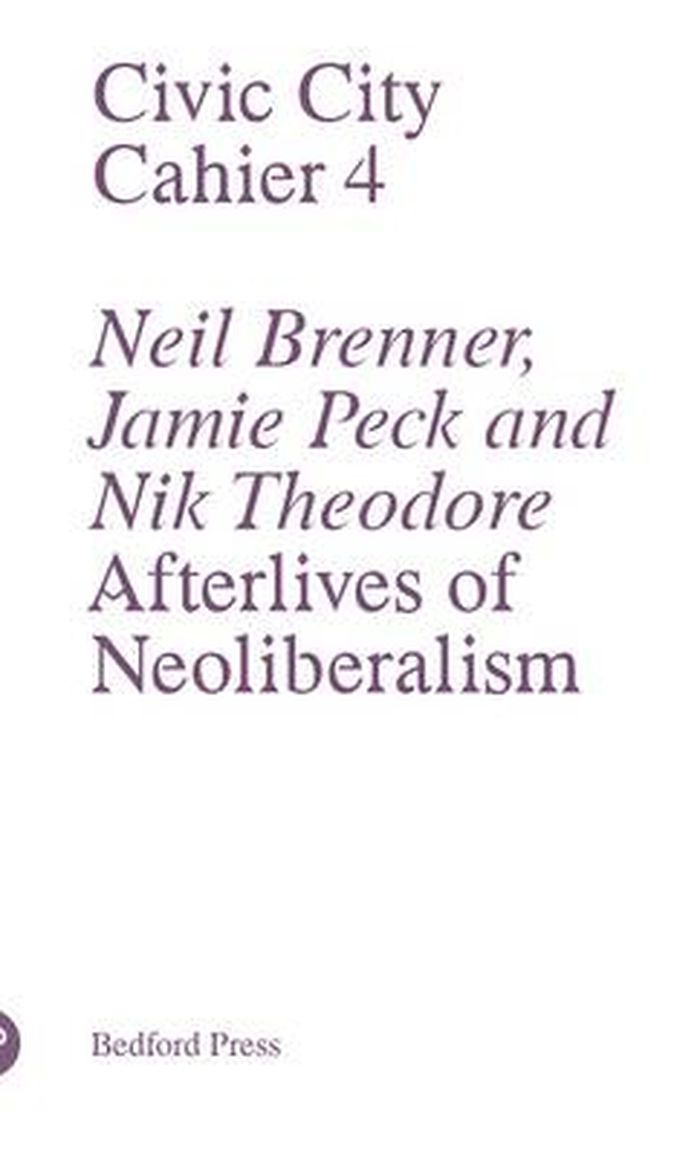$19.95
(disponible en magasin)
Résumé:
In this text, Brenner, Peck and Theodore question the claim that neoliberalism has ended in the wake of the global economic crisis that began in September of 2008. The authors argue that this assumption rests upon an inadequate understanding of the reach and tenacity of the crisis-induced, market-disciplinary forms of regulatory restructuring that have accompanied the(...)
juillet 2011
Civic city cahier 4 : Afterlives of neoliberalism
Actions:
Prix:
$19.95
(disponible en magasin)
Résumé:
In this text, Brenner, Peck and Theodore question the claim that neoliberalism has ended in the wake of the global economic crisis that began in September of 2008. The authors argue that this assumption rests upon an inadequate understanding of the reach and tenacity of the crisis-induced, market-disciplinary forms of regulatory restructuring that have accompanied the neoliberalisation of cities, regions and states across the world. In contrast with the over-simplified, monolithic conceptualisations of the global economy that prevail in many popular and academic accounts, the authors emphasise the constitutively uneven, institutionally hybrid and chronically unstable character of neoliberalism. For urban designers, planners and activists working to promote more socially just and democratic forms of urbanism, Brenner, Peck and Theodore insist on the need to radically restructure the macroinstitutional "rules of the game" that variously encourage and disallow localities, cities and regions to adapt to market-based approaches to (re)investment, collective-goods provisioning, and social reproduction. "Absent this", they argue, "the potential of progressive postneoliberal projects will continue to be frustrated by the dead hand of market rule".
